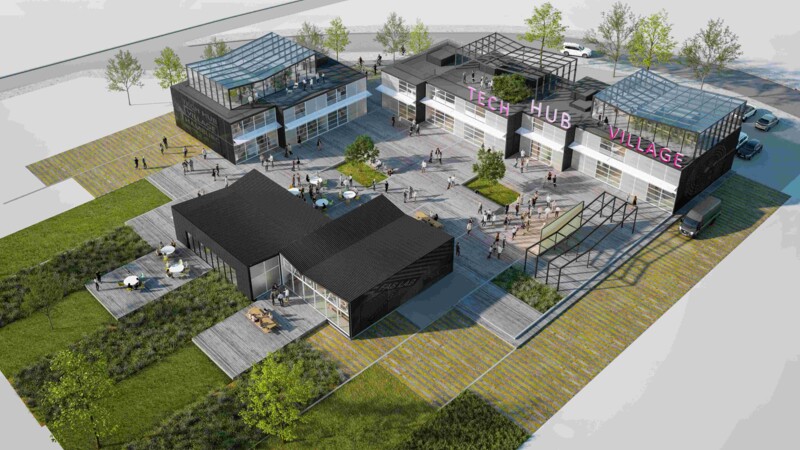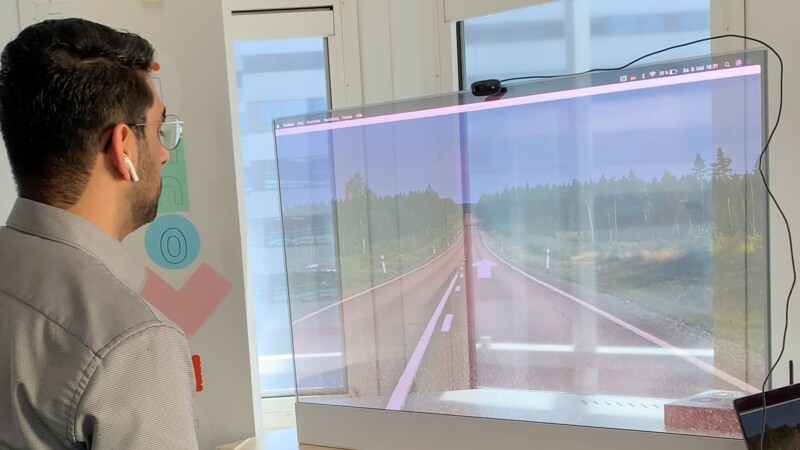Research during "HyMeKI” will focus on the requirements for the acceptance of AI-based assistance systems and enabling individualised lifelong learning. Human beings and machines are set to become team partners. People sometimes perceive AI systems as social actors and expect top quality solutions, skills and communication, the researchers said. However, these expectations are often not met, which leads to a rejection of artificial intelligence.
The German Ministry of Education and Research (BMBF) is putting EUR 1.9 million towards a research project by the universities of Kassel and Hamburg focusing on how people work and learn with artificial intelligence systems. The project entitled "Hybridisation of Human and Artificial Intelligence in Knowledge Work"(HyMeKi) is part of the "Promoting of AI Young Scientists" directive and aims to raise the overall acceptance of AI.
People and machine as partners
Funds for young female AI researchers
Techniques and designs for the interaction between humans and machines will be developed based on case studies, surveys and observations, analyses of human-AI interaction as well as online and crowd experiments. "Entirely new challenges arise in co-operation between humans and AI systems. It is important to create added value for both and to make the handovers - both for the human and the AI system - smooth," said Prof. Dr Eva Bittner, joint director of the project at the University of Hamburg. Bittner and Dr. Sarah Oeste-Reiß, University of Kassel, prevailed with their project. The grant promotes projects led by women to raise their participation and influence in AI research across Germany. tn/sb/pb/
Sources and further information
More
Similar articles

EUR 4 million for seismology research led by University of Hamburg

Plans for tech hub in Hamburg announced

